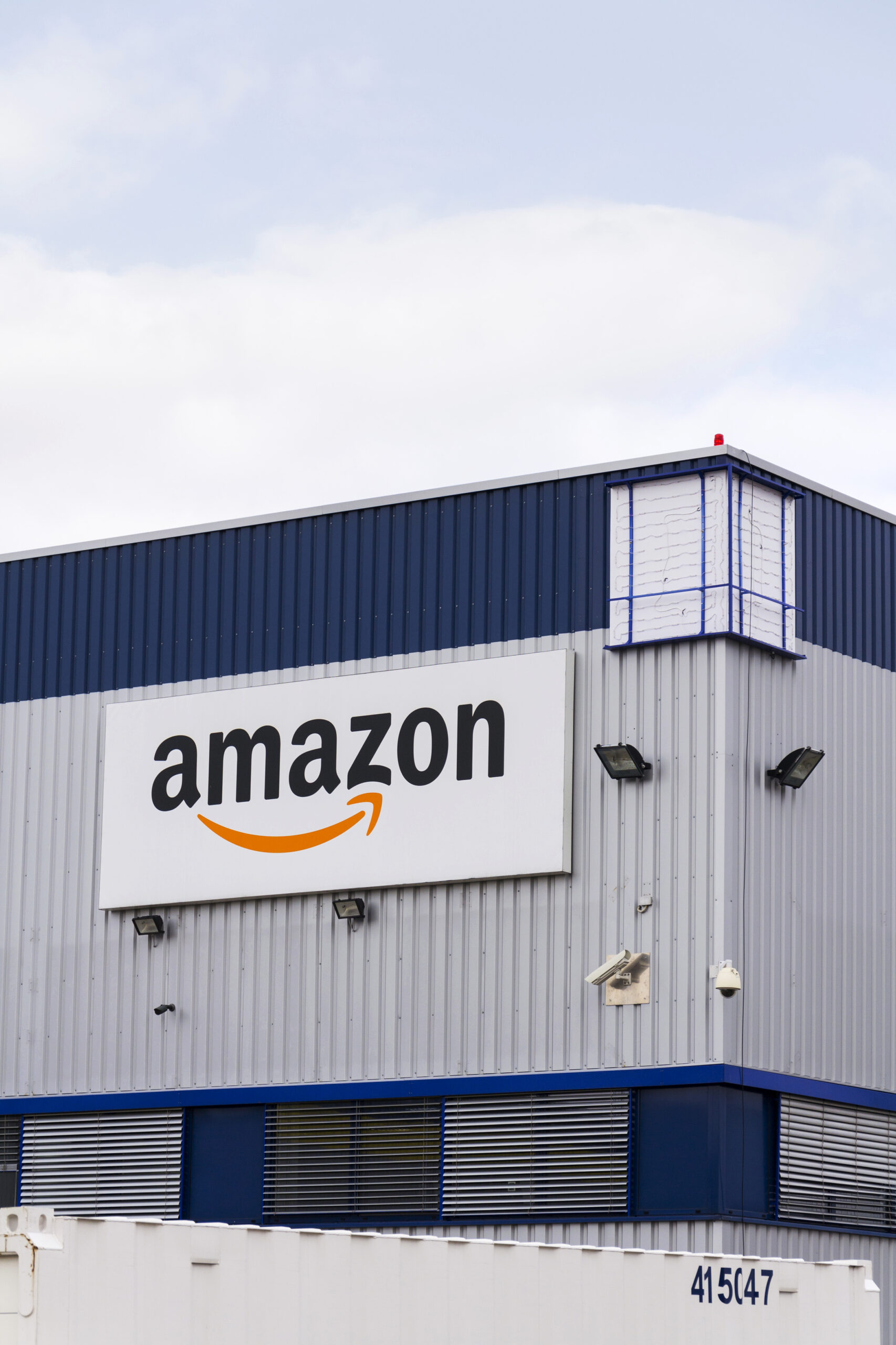In a groundbreaking move that could reshape the e-commerce landscape, the US Consumer Product Safety Commission (CPSC) has ruled that Amazon can be held accountable for defective goods sold by third-party merchants on its platform.
This landmark decision marks a pivotal shift in how the e-commerce giant is regulated, potentially impacting millions of transactions and setting a new precedent for online marketplaces.
On Tuesday, the CPSC unanimously determined that Amazon fits within the legal definition of a distributor and thus bears responsibility for recalling defective products sold through its marketplace.
This decision requires Amazon to develop and implement a plan to notify consumers about hazardous products and offer refunds or replacements.
With Amazon’s marketplace representing approximately 60% of its e-commerce sales and hosting millions of third-party sellers, this ruling could have widespread implications.
Amazon has long defended its role as merely an intermediary, asserting that it is not involved in the direct sourcing or distribution of third-party products.
This defense has often shielded the company from liability, including in a notable 2018 case involving a defective hoverboard that caused a house fire.
However, the CPSC’s recent action challenges this position and demands a more proactive approach from Amazon regarding product safety.
The backdrop of Amazon’s legal challenges
The CPSC’s ruling addresses a contentious issue that has been the subject of numerous lawsuits and legislative scrutiny.
In 2021, the CPSC took legal action against Amazon, demanding a recall of hundreds of thousands of hazardous products sold on its platform, including faulty carbon monoxide detectors, unsafe hairdryers, and children’s sleepwear posing a burn risk.
Although Amazon took steps to remove these products and inform affected purchasers, the CPSC deemed these measures insufficient, arguing that a full refund process would be more effective in ensuring consumer safety.
Historically, Amazon has relied on the argument that its role is limited to providing a platform for buyers and sellers, with third-party sellers maintaining control over their products.
However, the CPSC’s ruling dismisses this argument, citing Amazon’s extensive control over inventory through its Fulfilled by Amazon (FBA) service.
This service allows sellers to store products in Amazon’s warehouses, giving Amazon significant oversight and control over the products sold.
A new layer of responsibility
The CPSC’s decision has far-reaching implications for both Amazon and the third-party sellers using its platform.
For Amazon, the ruling introduces a new layer of responsibility and potential liability, requiring the company to enhance its product safety measures and compliance strategies.
This could involve substantial changes to how Amazon manages its marketplace and handles defective products.
Third-party sellers, who rely on Amazon’s extensive reach to access millions of customers, may also face increased scrutiny and higher compliance costs.
They will need to ensure that their products meet safety standards and adhere to new regulations, potentially impacting their operational practices and profitability.
This ruling underscores the growing importance of consumer protection in the expanding e-commerce sector. As online marketplaces continue to evolve and dominate the retail landscape, ensuring the safety and reliability of products sold through these platforms becomes increasingly crucial.
The CPSC’s decision represents a significant step toward more robust oversight and accountability, emphasizing the need for e-commerce platforms to take an active role in safeguarding consumer interests.
As Amazon responds to this ruling, its actions will be closely monitored by regulators, consumers, and industry stakeholders.
The company’s approach to enhancing product safety and compliance will be a critical factor in determining how this decision influences future regulations and practices in the e-commerce industry.
The post Amazon can now be held responsible for defective products sold by third-party sellers appeared first on Invezz
























